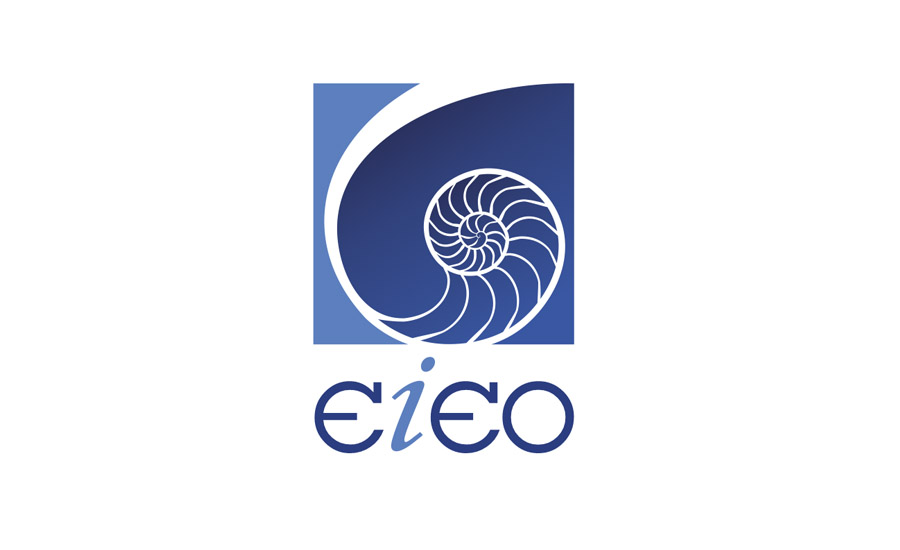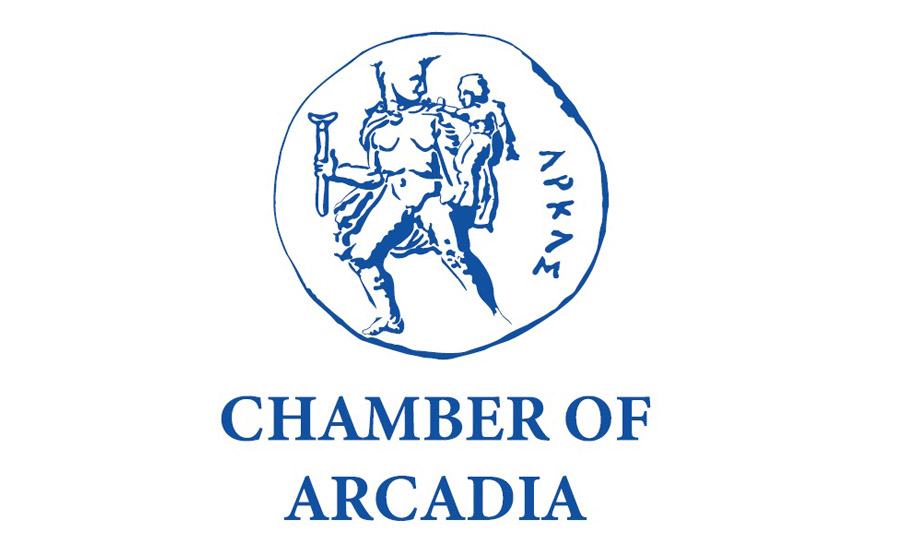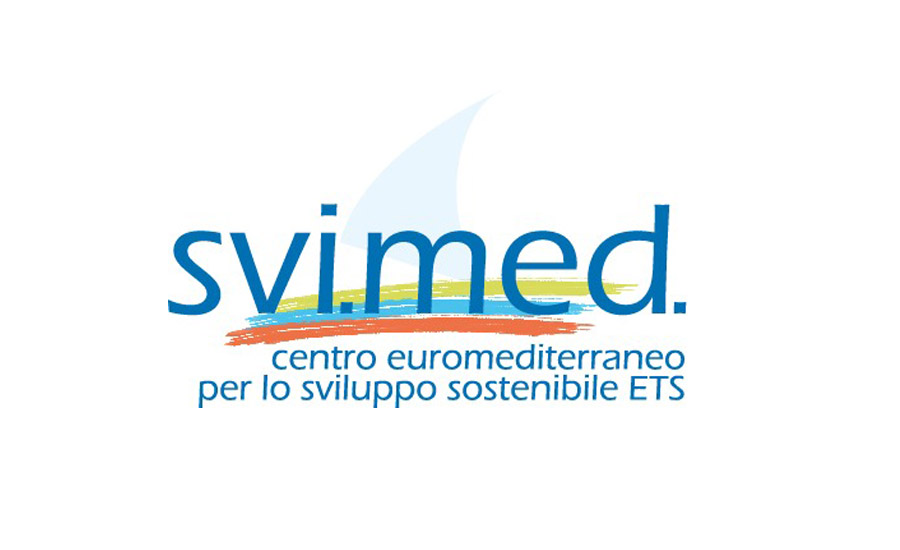
Partner organisation details
- Legal name : EVROPAIKO INSTITOUTO EXELIXIS KAI OLOKLIROSIS
- Organisation ID : E10205087 - EL
- Country : Greece
- Region : Πελοπόννησος (Peloponnisos)
- City : ASTROS
- Website : www.evolution4.eu
- Is the organisation a public body? No
- Is the organisation a non-profit? Yes
- Type of organisation Non-governmental organisation/association
- Main sector of activity : Improving the quality of life of European citizens through VET training activities in several fields corresponding to EU policies.
E.I.E.O.
The European Institute for Evolution and Integration (EIEO) was founded in July 2013 and is based in Astros, South Greece. The scope of the Institute is to act and make the essential efforts in order to improve the quality of life of the European citizens. These efforts and actions are based on the European Union policies as stated in the official website of the European Commission. The Institute has an expertise in Education and VET training, Law, Agricultural Research, and Financial Consulting. In 2015, the Institute received financial support under the Erasmus+ KA2 VET for two projects related to agricultural logistics and advanced agriculture. In both programs, we had a major role and both ended successfully in 2018. Details for the project “Green Logistics in cereals / Rice sector” can be found in http://greenlogistics.aua.gr/and for the project “Skills for Future Farmer (SKIFF)” in future-farmer.eu. In the SKIFF e-learning platform, more than 2,500 students managed to complete their course and were awarded a certificate. Today, more than 4,000 students have managed to receive a certificate of accomplishment for both courses, and more than 1,500,000 downloads for applications developed under the SKIFF project. Our team consists of experts with experience in agricultural economics and agricultural research, and we expect that this project will add one more element in our specialization in agricultural VET training. Highly educated employees are involved in EIEO activities. Over the last five years, EIEO has developed very strong expertise in eLearning activities in the agricultural sector, participating in four Erasmus+ projects all referring to agriculture by distance learning in several subsectors. The approximate number of staff is four (4). Over the last seven years, the organisation has participated in 5 Erasmus+ projects related to Agriculture and COVID education.
Organization’s Activities and Experience Relevant to the Project:
Erasmus+ Projects: Over the last seven years, the organization has participated in five Erasmus+ projects, mainly focusing on agriculture and COVID education. Distance Learning: Accumulated experience in e-learning since 2015, especially during the COVID-19 pandemic. The organization has been involved in developing e-learning platforms.
Innovations in Agriculture: Worked on innovative agriculture projects like the Erasmus+ SKIFF and SATI project which is oriented towards precision agriculture. The Institute maintains research-based apiaries in different regions of Greece, both in agricultural zones and in suburban areas of Athens. They also evaluate environmental conditions in these areas. The organization is also testing precision beekeeping equipment.
Genetic Material Analysis: Conducting evaluation on different bee genetic material or ecotypes to determine the best combination for productivity and environmental adaptiveness. This research will be used to design curriculum for beekeepers’ training. The Institute had a major role in “AristoilCAP” project for the sustainable cultivation of olive trees and “orgafarm,” an Erasmus+ project on organic farming.
Key Personnel Expertise:
- Dr. Antonios Perdikaris: Expertise in beekeeping, genetics, and biotechnology. He is currently developing a precision beekeeping system for monitoring beehive parameters. He also maintains an experimental apiary (Unique identification No EL 906/1804) in Evia, Central Greece. He has extensive knowledge in organic beekeeping with experience in teaching and training at VET and university levels. He has established an experimental apiculture in Evia and implements techniques in precision apiculture. Additionally, his apiary runs a voluntary initiative for bees’ preservation, where buyers not only receive their products but also participate in the process and have a weekly view of their adopted beehive, receiving information on their smartphones.
- Mr. Evangelos Petris: He is a financial consultant specializing in agricultural operations. His experience lies in financing and managing agricultural associations and groups. He has established many farmers’ associations, including beekeepers’ groups. He is an expert who can support young beekeepers in their initial steps in the apiculture market.
- Mr. Konstantinos Perdikaris: A seasoned beekeeper who oversees maintaining an apiary in Central Greece. He is a student at the University of Derby studying Logistics and Supply Chain, and his recent work is on management of apiaries and marketing of bee products. One of the youngest beekeepers in Greece, he will provide his experience and serve as a paradigm for young trainees, as defined in the proposal. He has participated as a technician in the Erasmus+ URBAF small-scale project, which included urban beekeeping activities. Konstantinos set up an apiary in an urban area in Athens and was responsible for its maintenance.
In conclusion, the organization has a rich background in e-learning, agricultural innovations, and beekeeping. This, combined with the expertise of its key personnel, positions it well to drive success for the proposed project.





